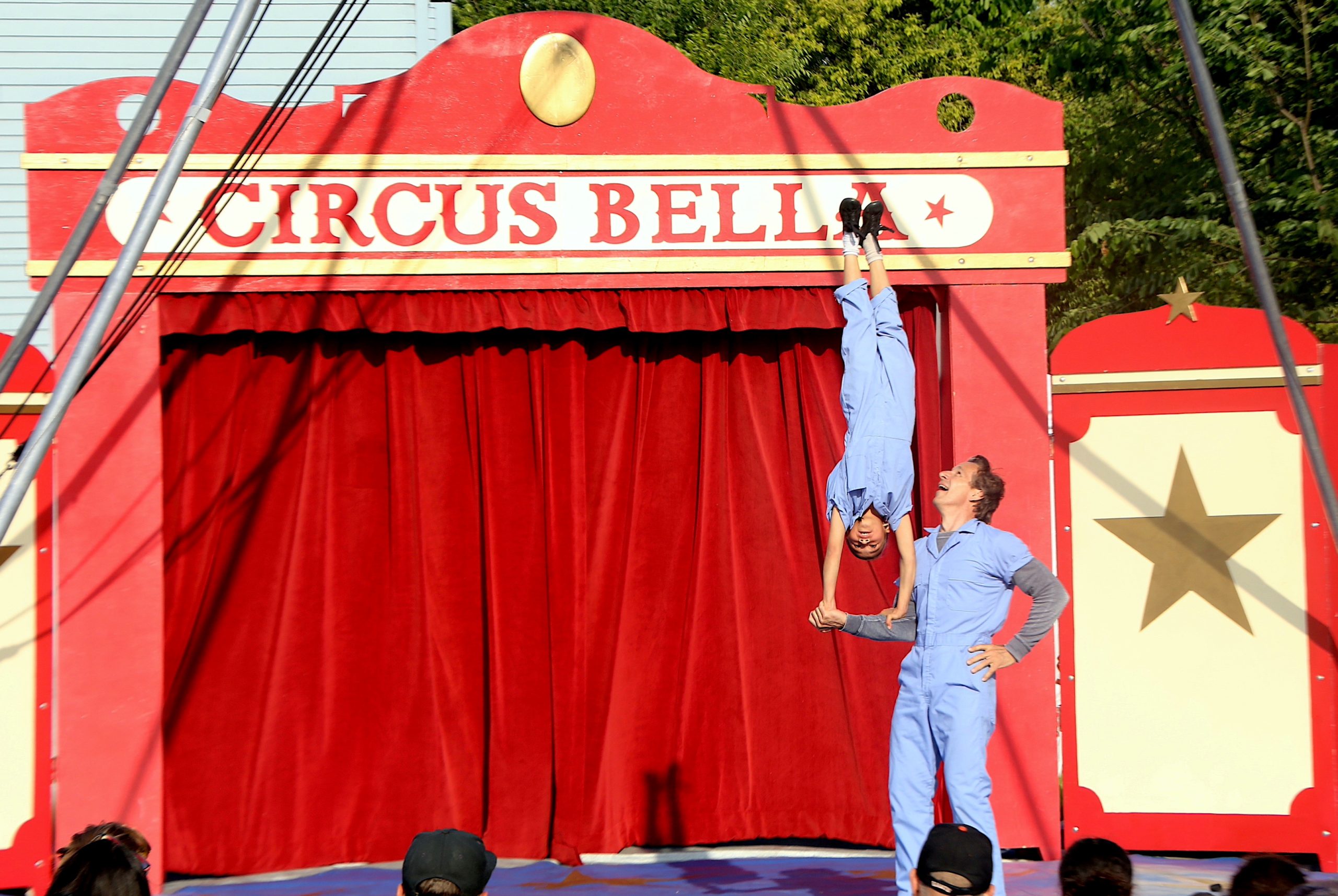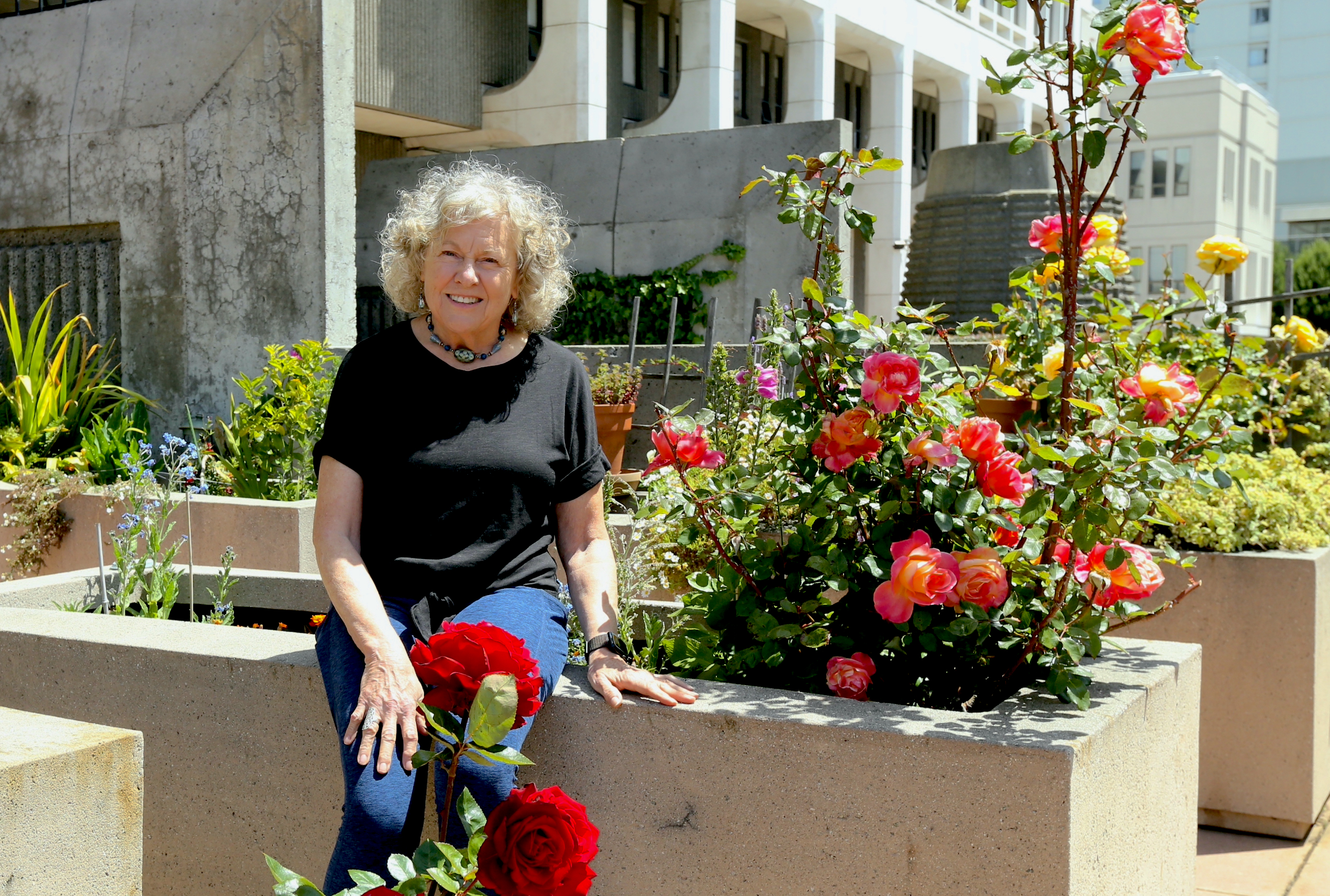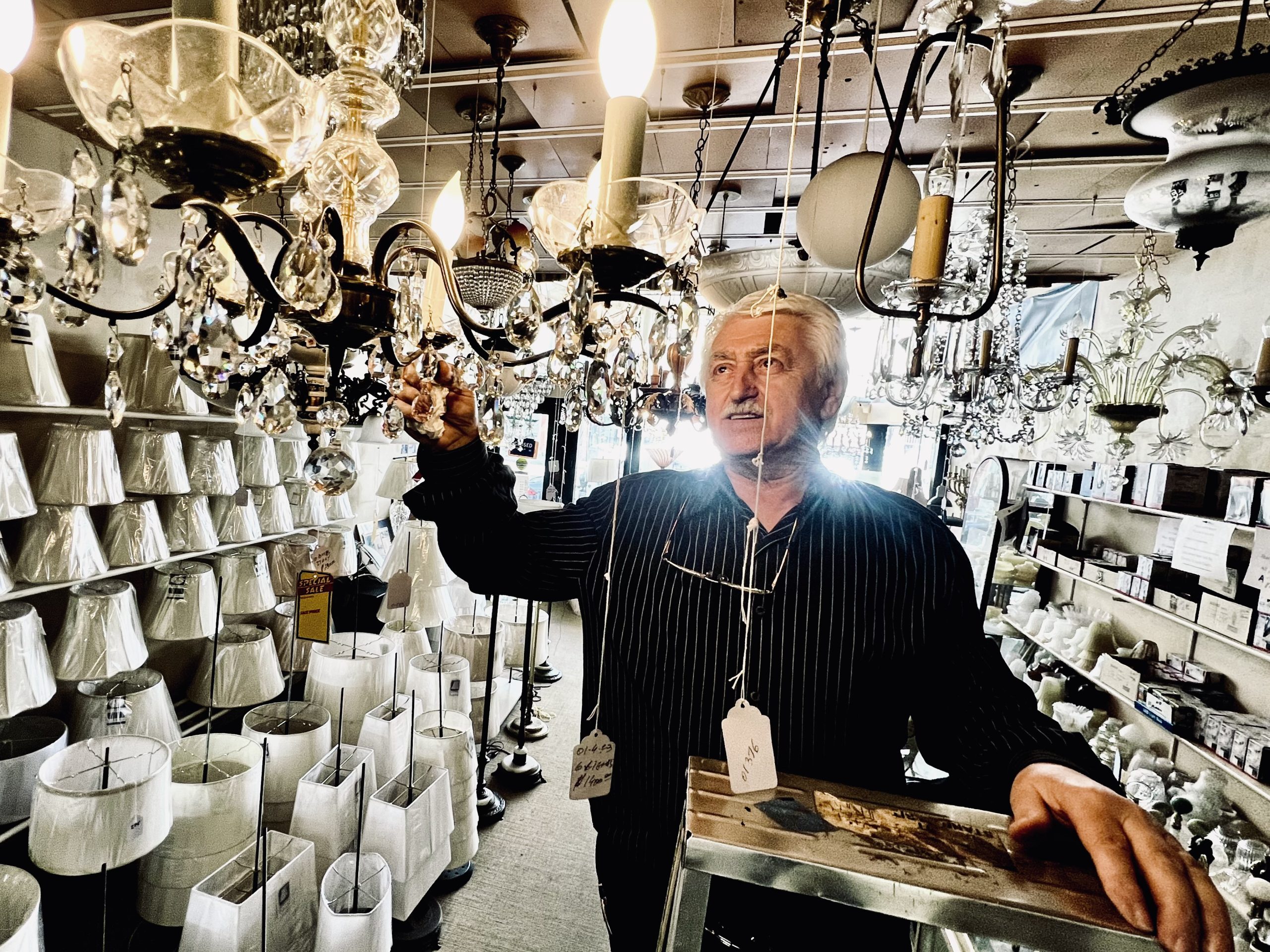Podcast hosts leaned into aging, a topic they call ‘cutting edge’ and ‘sexy’
They met harvesting bananas on a kibbutz in Israel, part of a summer tour introducing young Jews to the then-new country. These days they’re working together as the co-hosts of “Not Born Yesterday,” a half-hour podcast focusing on the challenges and joys of aging.
Miriam Goodman and Lynn Winter Gross went on to become college roommates, stand up at each other’s weddings, share maternity clothes, and though they sometimes lived in different sections of the country, they “never stopped talking, even before cell phones,” Goodman added.
Both Goodman and Gross recently celebrated their 80th birthdays and the issues the podcasts address also concern them. “We’re older,” Gross said. “We’re asking the same questions; how do you make the best of growing older? Our show helps us as much as it helps our listeners.”
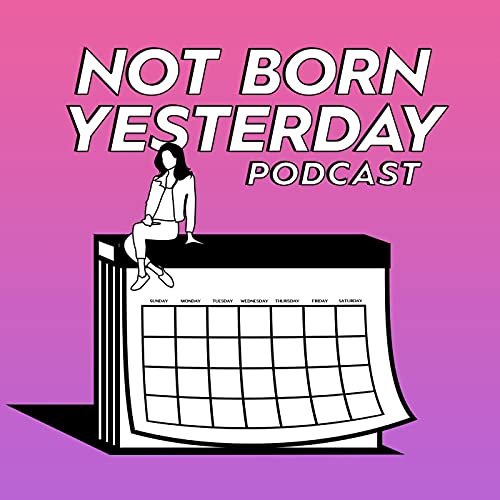
Besides, she added, “With almost 20 percent of San Francisco residents being 60 or older, aging is sexy. It’s the ‘in’ topic now, and we wanted to be on the cutting edge.”
Their half-hour podcasts focus on the diversity of day-to-day issues that older people and their adult children worry about. They interview experts and then discuss news you can immediately use.
Programs have included downsizing from a family home, tensions between seniors and their adult children, and more. Countering ageism was particularly the topic of an interview with “This Chair Rocks” author Ashton Applewhite. A podcast with Dr. Louise Aronson, author of “Elderhood: Redefining Aging, Transforming Medicine, Reimaging Life,” earned them a healthcare industry award.
Not super-agers
“We’re not interested in 95-year-old super-agers who jump out of planes, that has nothing to do with the average senior,” said Gross. “We focus on health, using your time well, finding meaning in life, safety, and relationships.
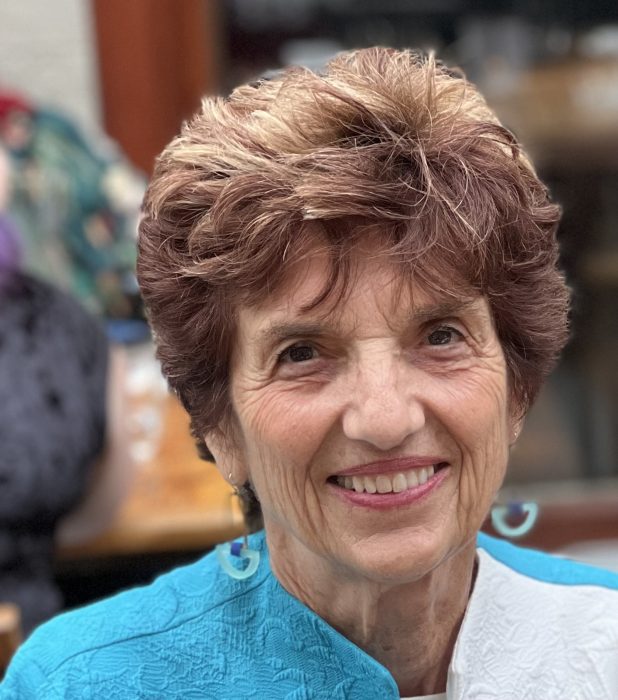
Neither woman was a novice at communications or marketing. Both are graduates of communications programs at the University of Michigan. Gross also has two master’s degrees, in social work from Columbia University and public relations from the University of Southern California.
Gross produced videos, hosted a radio show, conducted media training, and coordinated communications for the nine colleges of the Los Angeles Community District. Most recently, she worked as a career coach with public agencies and job seekers to address the complex problems created by ageism in the workplace. Divorced and living alone in a “beautiful apartment” when pandemic regulations were relaxed, she chose to move into senior housing.
“I felt it wasn’t healthy for me to be living alone,” she said. While she understands not wanting to give up the comforts and familiarity of their own spaces, she felt it better to be around other people. “Every day I see how important it is for the people I live with to have each other—for healthy meals, group activities, exercise classes, and support with health issues when and if they need it.”
Goodman began researching retirement and aging as she and her friends approached their 60s. “None of us prepares for aging,” she said. We don’t know what to expect.” She ended up writing a local news column, hosting a radio show on retirement, and authoring two books, “Reinventing Retirement” (2008) and “Too Much Togetherness: Surviving Retirement as a Couple” (2011).
More than financial talk
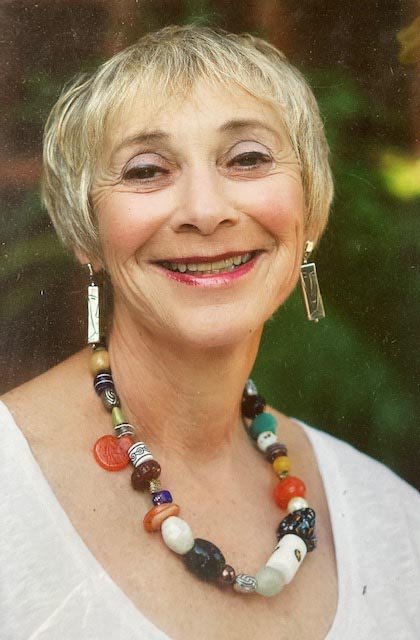
“Every book already out there only addressed the financial side of retirement. There was nothing about the emotional and social sides. It was a void,” she said. She also wrote a column on retirement for the now-defunct Examiner.com and hosted a radio show on retirement.
Goodman had an extensive career in public relations, and radio, television, and documentary production. A frequent contributor to National Public Radio, she also created and hosted the first nationally syndicated feminist radio show, which aired for seven years from New York to San Francisco on the RKO radio network. “It was the 1970s and there were few if any female voices on the air. Some stations were being sued (for the lack of women in high, or even any positions) and they were happy to run my show.”
She and her husband of 59 years live in San Francisco’s Ashbury Heights neighborhood. She’s active in her neighborhood association and just completed two terms on the board for the Randall Museum. An avid tennis player, she plays four times a week, and walker, as the longest-living person in her family, and a survivor of back surgery, she’s committed to staying as healthy as possible.
It was an ad in the newsletter of NEXT Village, a nonprofit serving seniors in northeast San Francisco, that birthed the podcast. Executive Director Jacqueline Jones, a fan of podcasts as a means of sharing information, was looking for volunteers to do one on aging.
As Gross pointed out, podcasts were a new idea a few years ago. Neither of them had previously produced one, but were confident in their communications skills and knew there was a lot of new research to be found on longevity. Additionally, their friends and colleagues were facing these very issues.
Desire to explain
“We wanted to be part of something new,” said Gross. “We wanted to be influencers or explainers.”
As enthusiastic as they were, they worried, “How much is there to say about aging? Would there be enough topics?” It turns out, there are a lot. In addition to the many aspects of health and retirement, they’ve explored senior finances, adult children who move back home, volunteering and finding meaning in life, sharing a home when you’re both retired and responding to ageism.
And they don’t seem to be running out of topics.
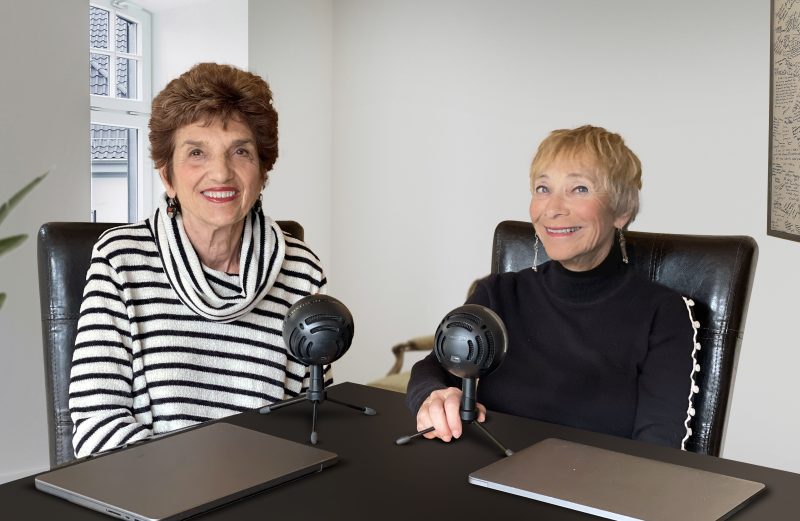
In the three years since its founding, they have produced nearly 100 podcasts. They have also developed an alliance with public radio station KALW, which often reruns episodes on its “Bay Made” program. KALW has also made the podcast available on its website.
A point of pride for the women: the Fromm Institute on Lifelong Learning at the University of San Francisco has incorporated their podcast on the benefits of intergenerational relationships in the syllabus for its course ‘Generation to Generation.”
While they don’t have the funds to invest in the software to tally the numbers who tune into their podcasts, the responses from callers indicate that they’re filling a need and that interest in the program is expanding. “When a listener tells us, ‘I’m so glad you’re doing this, it’s so important. You’re telling me things I need to know,” Goodman said, “I love it.”
“Having a podcast gives me purpose; it stretches my mind,” Gross said. It also adds to her standing with her grandchildren. “They think I’m so cool. They think I’m just the trendiest grandmother.” Goodman’s three grandchildren are still too young to appreciate her status.
“We continually read about and recommend that retirees stay healthy by remaining connected, involved, challenging themselves, and finding purpose,” said Gross. “Hosting this podcast has fulfilled that need for me.”


